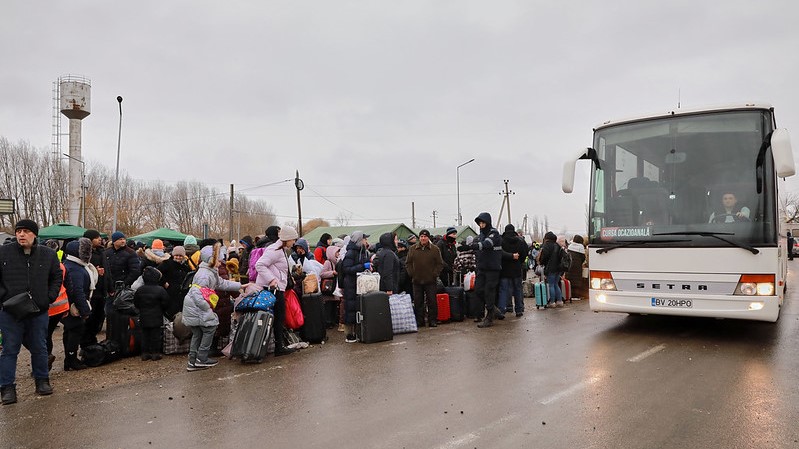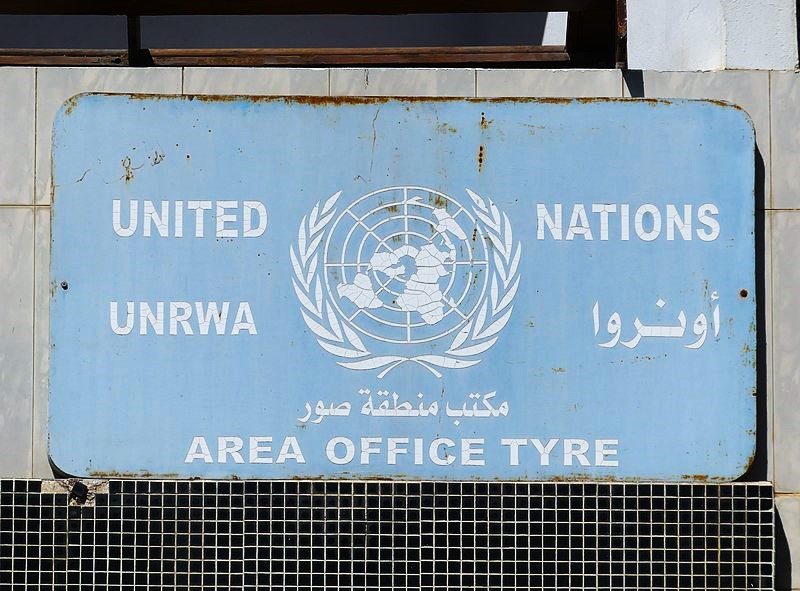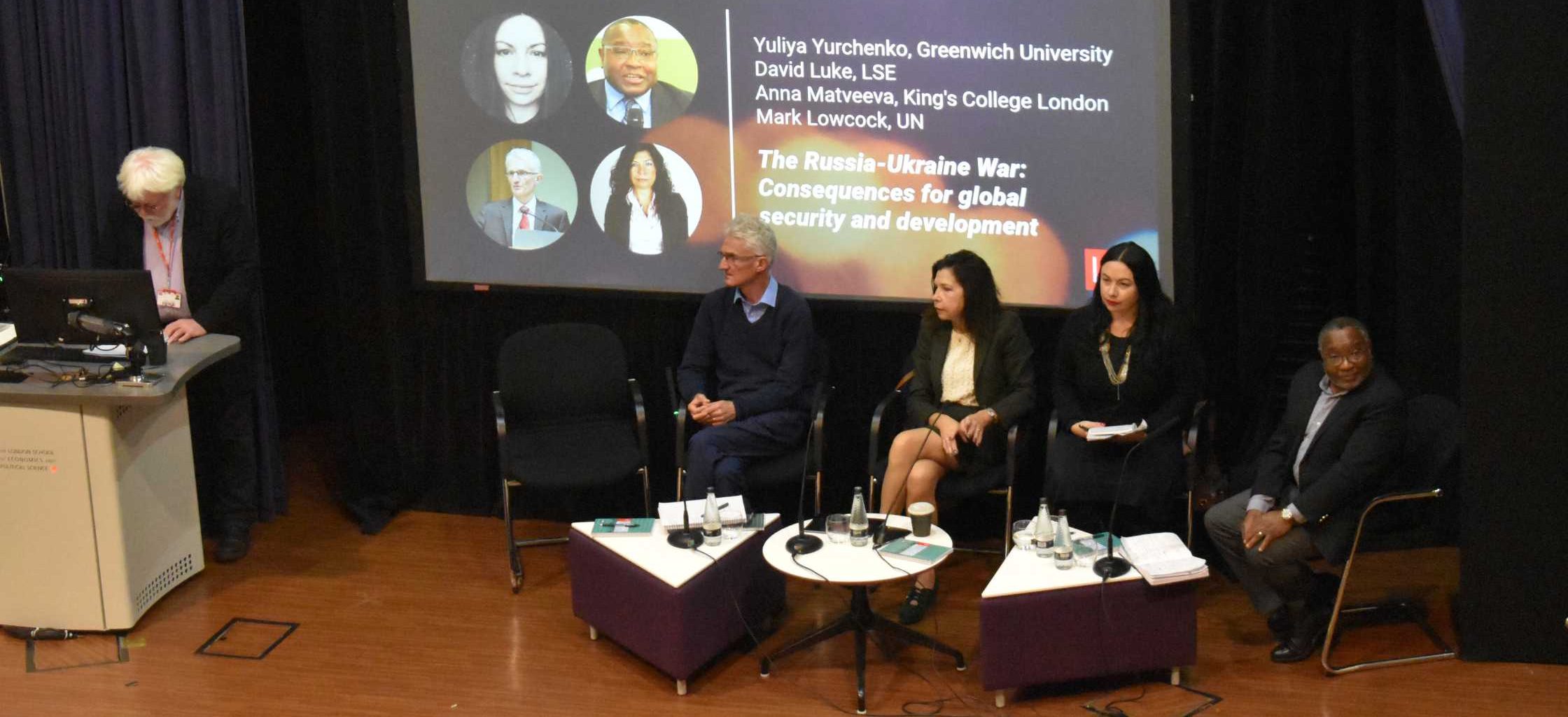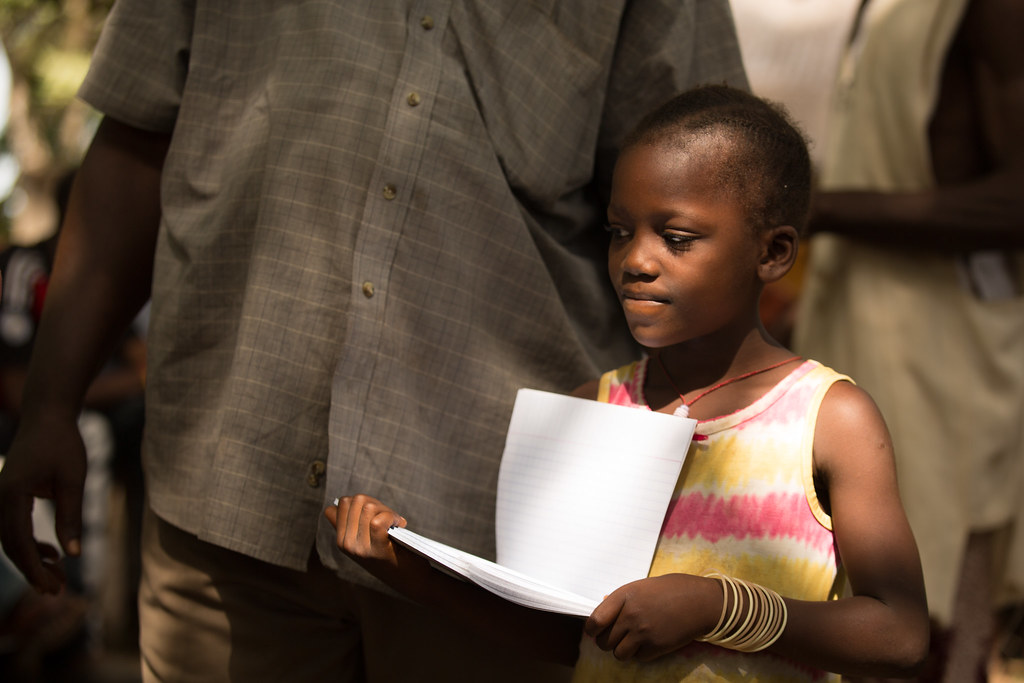As part of the Development Consultancy Project, postgraduate students Etien Jasonson and Lucia Dominguez share their experience working with World Jewish Relief (WJR) to put together recommendations for ways to engage with anticipatory action (AA).
Project background
On our consultancy project in the International Development and Humanitarian Emergencies MSc we worked with World Jewish Relief (WJR) to put together a series of recommendations for possible ways for them to engage with anticipatory action (AA). Unlike conventional humanitarian programming, where money is spent, and action is taken after disaster strikes, AA uses different measures of disaster risk to create pre-agreed financing and action plans that are then enacted automatically through trigger mechanisms. Triggers are essentially thresholds that use risk data (from weather forecasts or early warning systems) to launch pre-emptive plans when a certain level of risk is reached. AA has the potential to speed up response times to predictable and recurring hazards significantly, making aid more effective and cost-efficient. As a result, our team was tasked with researching best practices in AA and suggesting a number of ways that WJR might begin working in anticipatory ways, as well as examining how AA might align with WJR’s gender lens, localisation and environmental agendas.
Challenges and our approach
The most significant challenge we faced was understanding WJR’s precise needs and expectations. Initially, the project’s scope appeared somewhat ambiguous in its breadth, resulting in some initial confusion within the team. However, we addressed this through consistent and considerate communication. To their credit, WJR were extremely responsive, something we made sure to make use of through bi-weekly progress reports and key meetings whenever there was uncertainty about the direction we were to take with the project. One particularly beneficial moment came during a meeting with WJR’s head of humanitarian programmes, who likened the structure of the report to a funnel, starting with a broad overview of the AA landscape and best practice within it, narrowing down to tailored recommendations for WJR. This conception of the report helped us to think about how we might translate best practices across scales. WJR’s status as a small-to-medium-sized NGO meant that some of the AA literature – focussed primarily on how large NGOs, cross-organisational networks and international bodies – did not speak to their capabilities and needs. This is where we were needed to.
This lack of highly applicable literature was another considerable challenge in and of itself. We found very little academic or grey literature that engaged substantially with certain issues – for instance, gender considerations within AA proved almost entirely absent and though there was much talk surrounding AA and local knowledge, empirical cases to draw from were few and far between. Thus, conducting interviews was a key aspect of our learning journey that could fill research gaps through primary data. This experience not only honed our interviewing skills, but crucially it provided insights into the cutting-edge of contemporary AA practice (such as on local knowledge integration) on which little had been published. Despite encountering challenges such as unresponsive participants, we successfully completed almost all planned interviews and compiled a comprehensive dataset for our report. By interviewing WJR’s local partners, we were able to tailor our recommendations to better address their specific needs and their expectations of WJR, something we could never glean from literature. These interviews posed some difficulty due to language barriers. Given the amount of jargon involved in AA, we were worried about potentially talking past participants; we might use the same words to mean very different things. Overcoming this obstacle required patience and persistence from both ourselves and the interviewees to ensure effective communication. Our collaborative, interview-led approach to our research was pivotal in navigating the dearth of relevant literature on certain issues and it significantly enriched the final report.
Team dynamic
As a team, we were proud of what we produced; the report was comprehensive, and analytically rigorous, and both our client and academic mentor were very pleased with it. Our survey was a success, with nearly all partners contributing valuable responses. The interview process surpassed our initial expectations, engaging with all but one desired partner and a number of additional external experts. One of the biggest drivers of our success throughout was our team’s strong cohesion and cooperative dynamic. We actively fostered a collaborative environment where each member’s contributions were valued and we could work to our relative strengths. Importantly, we could speak plainly with one another, confident in the fact that we were all working toward a common goal. Even in moments of disagreement there was never hostility that might have later inhibited the work and cooperation that was needed to get the final report over the line.
This clear and good-spirited communication was vital at every stage of the project: in the initial distribution of work it was necessary to ensure workloads were fair and spoke to team member’s interests; during the literature review stage it was needed to maintain project focus and prioritise promising areas for future work; in the editing process, where thousands of words had to be cut or rewritten in response to WJR’s pre-submission feedback, clear and considerate communication ensured the edits were both respectful and focused. Making the effort to ensure that team cohesion was not forgotten, even during moments of stress, was central to making the consultancy project so engaging and rewarding throughout, and we believe that the positive team dynamic was ultimately reflected in the success of our final report and presentation.
Final thoughts
Our WJR consultancy project was a rewarding journey filled with challenges and successes. We successfully navigated initial ambiguity through open communication with WJR, and our research addressed the gap in AA literature focused on smaller NGOs. The collaborative spirit within our team, characterised by open communication and respect for diverse strengths, was the cornerstone of our success. This project not only honed our professional skills but also underscored the power of collaboration in achieving impactful results.
The views expressed in this post are those of the author and do not reflect those of the International Development LSE blog or the London School of Economics and Political Science.
Featured image credit: Baset Alhasan via Pexels.





